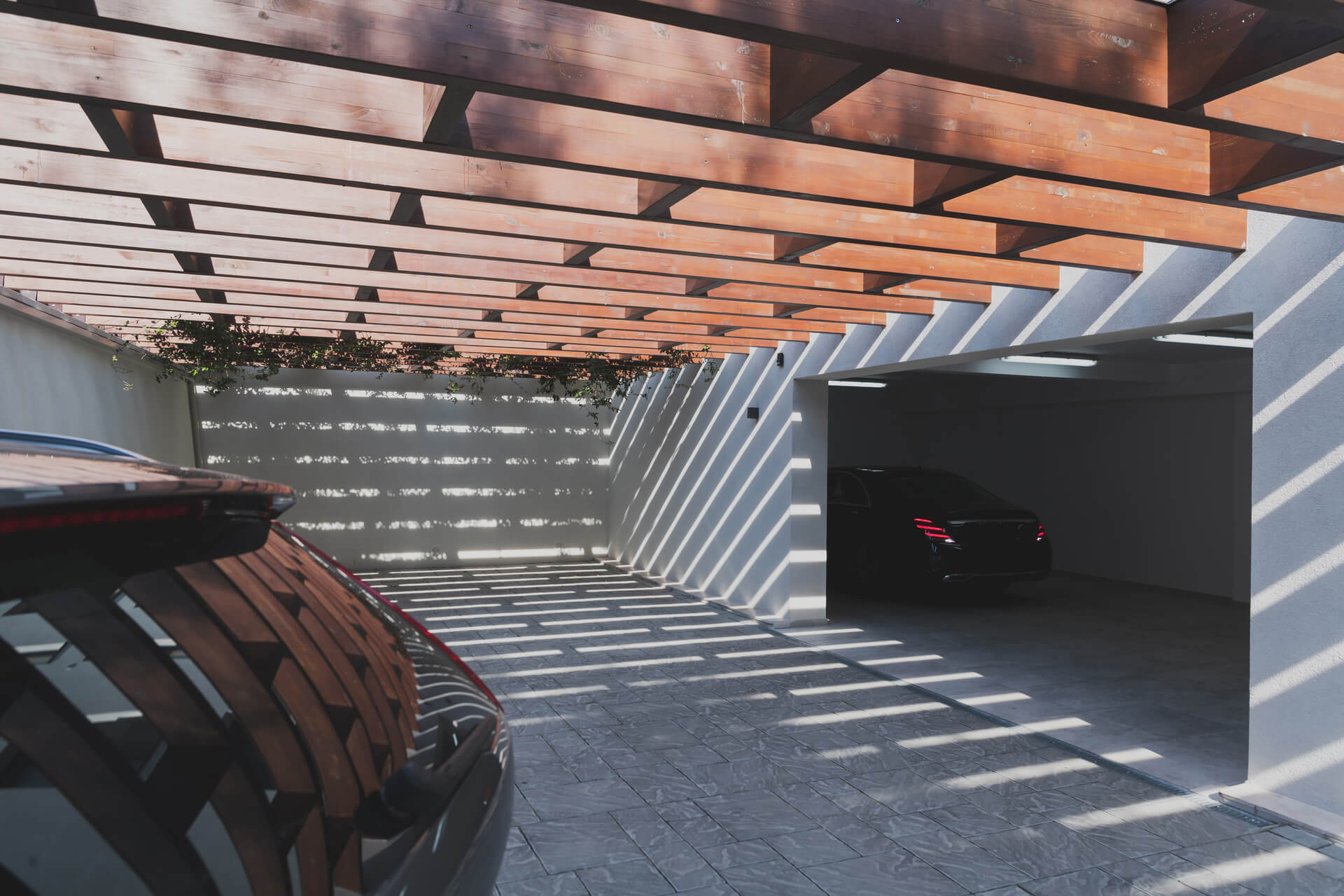
Do You Need Insurance for a Car That Just Sits in the Garage

by Erin Anderson
If you’ve got a car that barely sees the road — maybe it's a weekend cruiser, a seasonal ride, or something you just haven’t gotten around to selling — it might seem like a no-brainer to cancel the insurance and save a few bucks.
But here’s the thing: even if your car isn’t moving, it’s not totally risk-free. And depending on how you drop or adjust your policy, you could be setting yourself up for a big (and expensive) surprise later.
Before you pull the plug on your coverage, here’s what you need to know.
Your Car Might Be Parked, But the Risk Isn’t Zero
Just because your car is in a garage doesn’t mean it’s immune to damage. Fires, floods, falling objects, vandalism, or even theft can happen when you least expect it — and without comprehensive coverage, you’ll be footing the repair (or replacement) bill yourself.
Comprehensive insurance covers these non-driving risks, even if the car doesn’t leave your driveway. So if your car is just sitting but still valuable, this might be the coverage you want to keep.
Dropping Insurance Can Create a “Gap” That Comes Back to Haunt You
Canceling your policy altogether might seem like the quickest way to save, but it can actually cost you more in the long run. Insurers often see a gap in coverage as a red flag, even if your car wasn’t being driven — which can raise your future premiums when you start a new policy.
In some states, it can even lead to penalties or registration issues. Before you cancel, check with your local DMV to make sure you're not breaking any laws.
A Better Option: Switch to Storage or Comprehensive-Only Coverage
If you’re looking to reduce costs while your car is off the road, talk to your insurer about switching to “comprehensive-only” or “storage” insurance. This type of policy keeps protection for non-driving risks but drops liability and collision coverage — the parts that apply when you’re actually driving.
It’s usually much cheaper than a full policy and keeps your coverage history intact, which can save you money later.
If You Cancel, You’ll Need to Prove the Car Isn’t Being Driven
Some people try to save by canceling coverage but continue to drive occasionally. This is a big gamble — and if you get into an accident without insurance, the consequences can be severe: legal trouble, major repair bills, and long-term damage to your driving record.
If you truly won’t be driving the car at all, make sure it’s properly stored, unregistered (if your state allows it), and that your insurer knows it’s off the road.
The Bottom Line
If your car is just sitting in the garage, you might not need full insurance — but you still probably need some. Dropping coverage entirely can expose you to unexpected risks and higher costs down the line. A better option? Call your insurer and ask about reducing your policy to comprehensive-only or storage insurance.
And while you’re at it, this could be a smart time to compare quotes. Some companies offer special rates for non-use vehicles, and switching could mean keeping your car protected and your wallet happy.